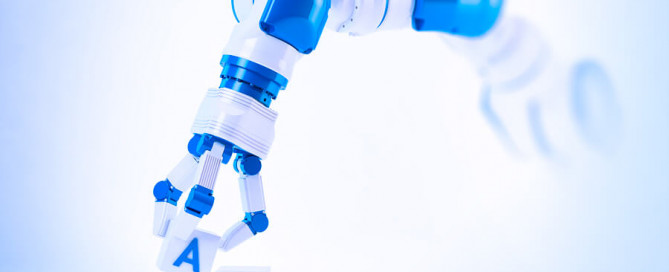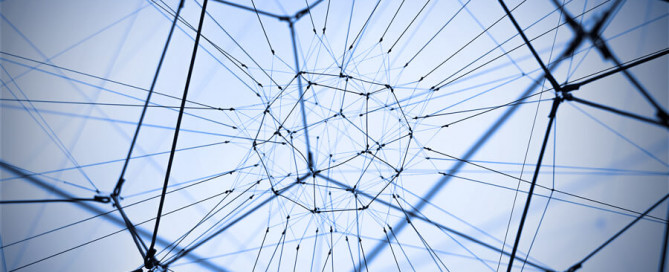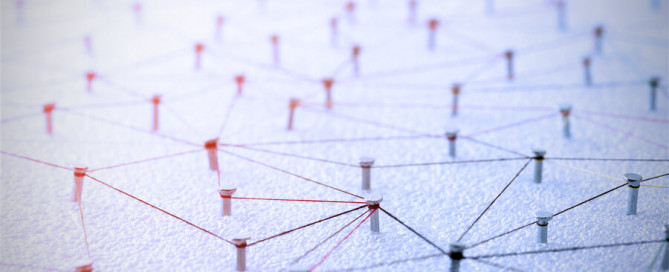The Legal Implications of Open Data
and how DMOs can properly protect themselves. Introduction. An open content marketing platform aims to make the widest possible data pools available to participating DMOs without restriction. The generic term "open data" refers primarily to digital content such as texts, infographics, images and videos that can be used and modified by anyone without inquiry or permission. In German law, the copyright of the producers as well as the image and personality rights of the persons concerned must be taken into account. The following article is intended to show which rights are specifically affected [...]









